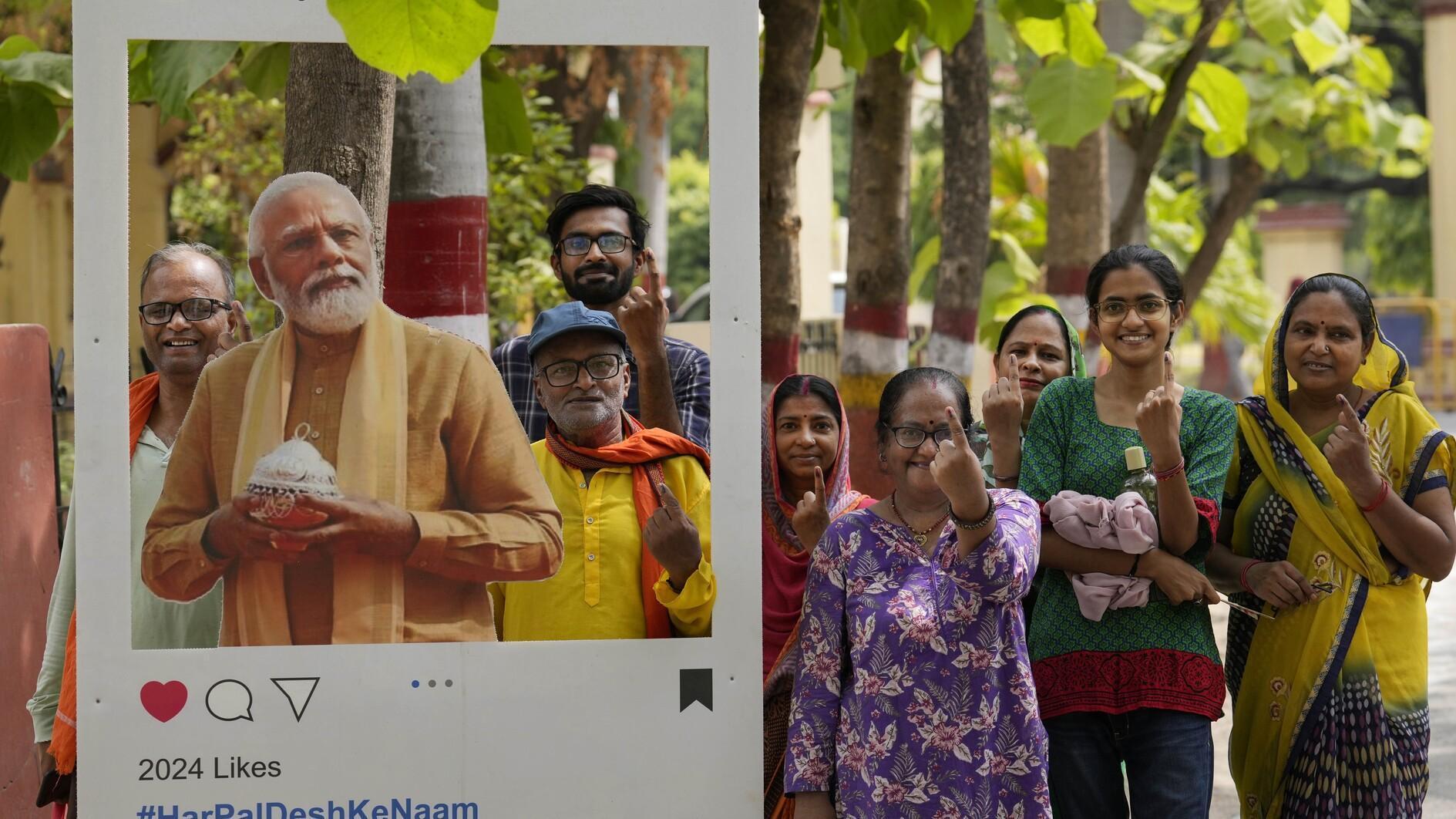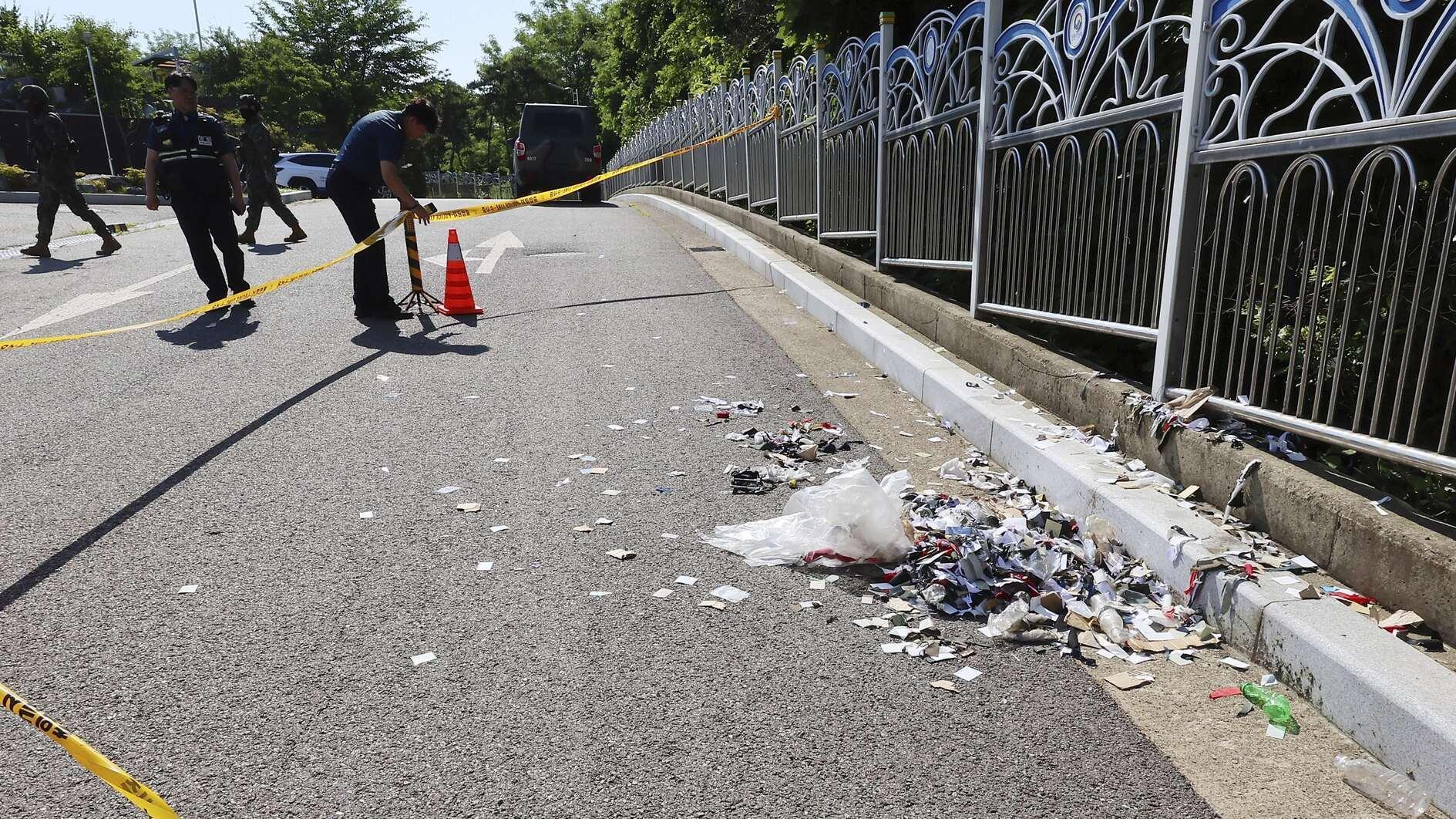Boeing shareholders back outgoing CEO pay deal despite safety woes
NEW YORK

Boeing shareholders voted Friday to back outgoing CEO Dave Calhoun's pay deal and reelection to the board, in an endorsement of company leadership as it faces heavy scrutiny over safety problems.
The company announced the preliminary vote results at its annual meeting, saying all 11 directors had been reelected and that shareholders backed Calhoun's planned $33 million compensation package.
Advisory services firm Glass Lewis had urged shareholders to reject Calhoun's nomination, while Investor Shareholder Services (ISS) had recommended a "no" vote on Calhoun's compensation package.
The virtual meeting comes on the heels of a number of crises facing the storied planemaker.
Boeing has faced serious questions following a near-catastrophic Alaska Airlines flight in January that necessitated an emergency landing of a 737 MAX after a panel on the fuselage blew out mid-air.
On Tuesday, the Department of Justice said Boeing had breached a 2021 criminal settlement over two fatal 737 MAX crashes in 2018 and 2019, opening the company up to possible prosecution.
In communications to investors ahead of the annual meeting, Boeing emphasized its aggressive response to the Alaska Airlines incident that included a leadership shakeup announced in late March.
On March 25, Boeing said Calhoun would step down at the end of 2024. The company also named former Qualcomm CEO Steve Mollenkopf as the new chairman who will oversee the executive search.
"The months and years ahead are critically important for our company as we take the necessary steps to regain the trust lost in recent times to get back on track and perform like the company we all know Boeing can and must be," Mollenkopf said at the outset of the meeting.
Mollenkopf said he has been meeting with investors, customers and other shareholders, expressing confidence that "we're going to find the right person to lead this company." He did not give a timetable for announcing a new CEO.
Mollenkopf and Calhoun took questions on safety, executive compensation and other topics, but the queries were read by a company official in a heavily managed process in which actual shareholders did not speak.
Late Friday, Boeing disclosed in a securities filing that about 22 percent of the shares cast voted against Calhoun's reelection to the board, while 36 percent voted against the pay package.
Sending a message
Glass Lewis had argued that shareholders should use the annual meeting to send a message to Boeing.
"Shareholders will be sending a clear indication of discontent regarding the company's recent oversight and handling of safety issues and safety culture," said a report that urged investors to vote against the reelection of Calhoun, and Akhil Johri and David Joyce, who chair the audit and aerospace safety committees respectively.
ISS meanwhile had urged a no vote on Calhoun's executive pay package.
In setting Calhoun's package, Boeing alluded to earlier crises he navigated as CEO, including winning regulatory approval to return the 737 MAX to the skies after two fatal crashes and the upheaval of the Covid-19 pandemic.
"While the Alaska Airlines Flight 1282 accident shows that Boeing has much work yet to do, the board believes that Mr. Calhoun has responded to this event in the right way," Boeing said in the filing.
After Friday's meeting, Calhoun will face a full plate of issues, including a late May deadline to present a plan required by the Federal Aviation Administration, which has capped MAX production until the company shows progress on safety and quality control.
In July, the Justice Department will make a final determination on whether to criminally prosecute Boeing.
Then in September, the company faces a potential strike of 30,000 workers if it is unable to reach a contract with the International Association of Machinists and Aerospace Workers.
















